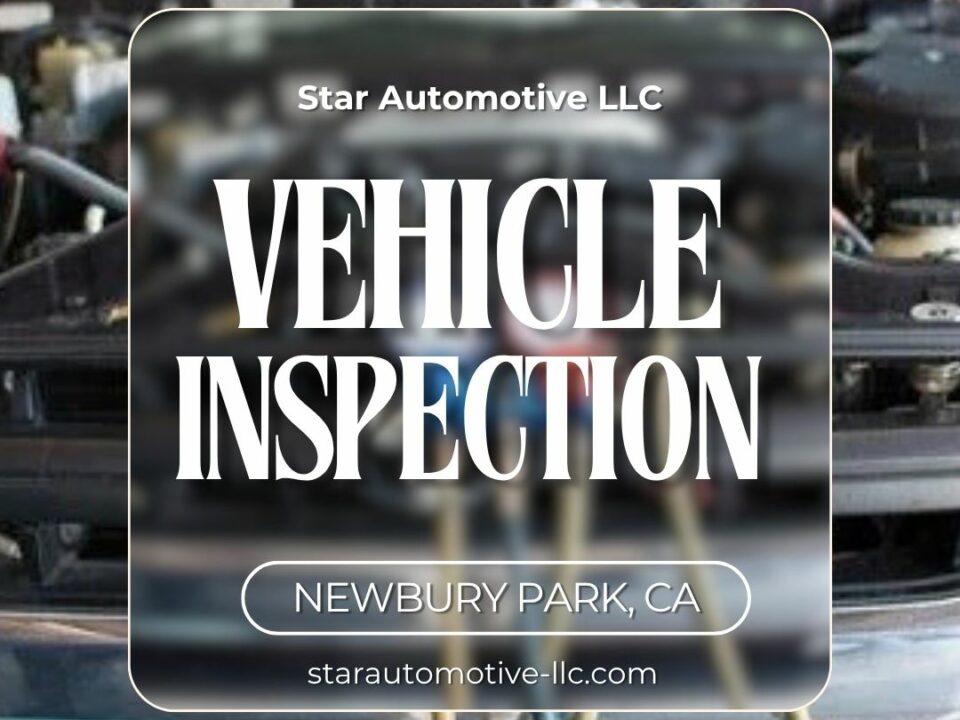
The Role of Vehicle Inspection in Preventing Accidents
March 13, 2023
Embracing JDM Culture: The Importance of Proper Oil Changes for Imported Japanese Cars
April 4, 2023Vehicle inspections are an essential aspect of maintaining safe and reliable cars. In many states, inspections are mandatory, and failing to comply with inspection regulations can result in fines or even impounding of your vehicle. However, the procedures and regulations for vehicle inspections can vary by state and even by jurisdiction, making it important to understand the requirements in your area.
Here are some of the key things you need to know about vehicle inspection procedures and regulations:
- Types of Inspections
The first thing you need to know is that there are different types of inspections. Depending on your state or jurisdiction, you may need to have your car inspected annually or bi-annually. Some states also require additional inspections, such as emissions inspections or safety inspections.
- Inspection Criteria
During a vehicle inspection, a mechanic will check various components of your car, including the brakes, tires, lights, suspension, and emissions. The specific criteria for inspection will vary by state or jurisdiction, but typically include items such as brake pad thickness, tire wear, headlight alignment, and emissions levels.
- Inspection Process
The inspection process can also vary by state or jurisdiction, but typically involves driving your car to an approved inspection station, where a certified mechanic will perform the inspection. The inspection may take anywhere from 30 minutes to an hour, depending on the type of inspection and the condition of your car. Once the inspection is complete, you will receive a report indicating whether your car has passed or failed the inspection.
- Consequences of Failing an Inspection
If your car fails an inspection, you will need to have it repaired and re-inspected before you can legally drive it on the road. Depending on the severity of the issues, you may need to have the repairs completed within a certain timeframe. In some cases, you may also need to pay an additional fee for the re-inspection.
- Penalties for Non-Compliance
Non-compliance with vehicle inspection regulations can result in penalties, such as fines, impounding of your vehicle, or even suspension of your driver’s license. It is essential to comply with inspection regulations to avoid these consequences.
In conclusion, understanding vehicle inspection procedures and regulations is critical for maintaining safe and reliable cars and avoiding penalties for non-compliance. Be sure to research the requirements in your state or jurisdiction and schedule regular inspections with a certified mechanic to keep your car in good condition and comply with regulations.




